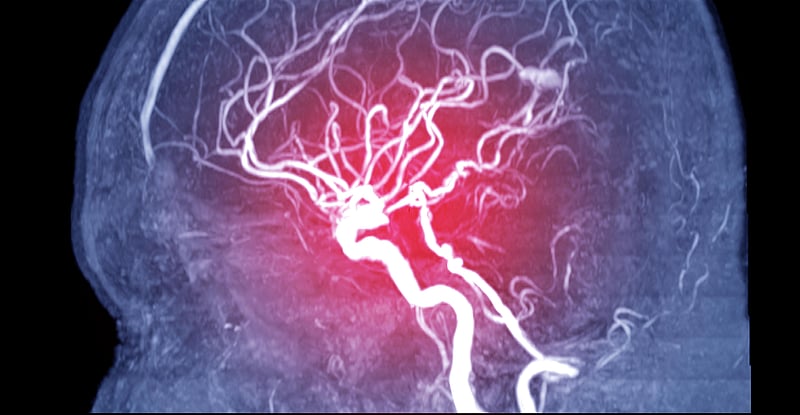Get Healthy!

- Robert Preidt
- Posted May 19, 2022
Study in Rats Offers Hope for New Parkinson's Therapy
Experimental stem cell replacement therapy for Parkinson's disease shows promise in rats and will soon be tested in a human clinical trial, researchers say.
"We cannot be more excited by the opportunity to help individuals who suffer from [a] genetic form of Parkinson's disease, but the lessons learned from this trial will also directly impact patients who suffer from sporadic, or non-genetic forms of this disease," said study co-author Jeffrey Kordower. He is director of the ASU-Banner Neurodegenerative Disease Research Center at Arizona State University, in Tempe.
Parkinson's disease causes damage to a specific type of neuron in the brain that produces a chemical messenger called dopamine.
The lack of dopamine causes physical symptoms such as rigidity and tremor, as well as mental symptoms such as depression, anxiety, memory problems, hallucinations and dementia. There is no treatment to reverse or halt the progress of Parkinson's, which affects more than 10 million people worldwide.
In the journal npj Regenerative Medicine, the researchers recently described converting adult blood cells into functioning neurons that can get established in the brain and dispense dopamine.
The investigators found that one group of so-called pluripotent stem cells (iPSCs) performed well when implanted in the brains of rats, reversing Parkinson-like symptoms.
The researchers used iPSCs cultured for different periods of time and found that those cultured for 17 days before differentiation into dopamine-producing neurons survived in greater numbers and were better at sending out their branches over long distances than those cultured for 24 or 37 days.
"That's important, because they're going to have to grow long distances in the larger human brain and we now know that these cells are capable of doing that," Kordower said in a university news release.
However, research in animals does not always pan out in humans.
The study also found that the dose of iPSCs is important. A small number resulted in negligible recovery, but a large number produced more neural branching and complete reversal of Parkinson-like symptoms in rats.
The planned human clinical trial will include Parkinson's patients with a genetic mutation called a Parkin mutation. These patients have the typical physical symptoms of Parkinson's, but do not develop mental decline or dementia.
If the treatment is effective, larger trials will follow.
The study authors said this stem cell therapy could potentially be combined with existing therapies to treat Parkinson's disease, and may lead to treatments for other neurodegenerative diseases.
"Patients with Huntington's disease or multiple system atrophy or even Alzheimer's disease could be treated in this way for specific aspects of the disease process," Kordower said.
More information
For more about Parkinson's disease, go to the U.S. National Institute on Aging.
SOURCE: Arizona State University, news release, May 11, 2022
